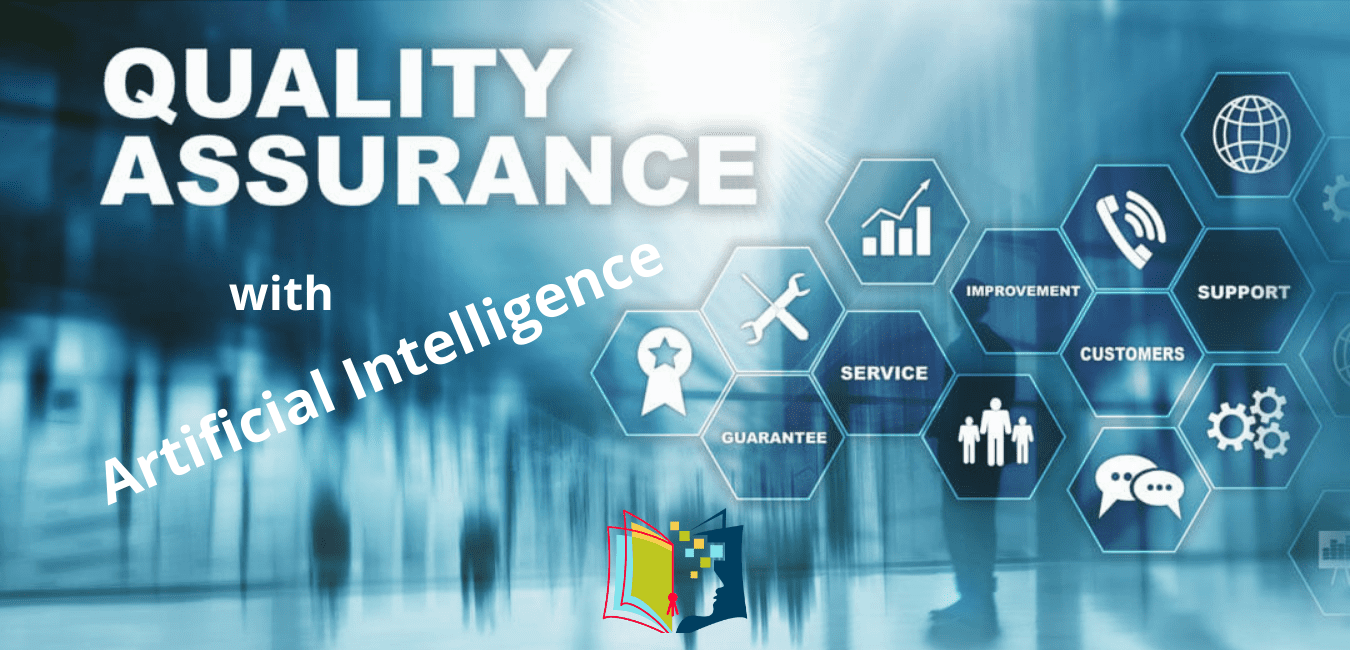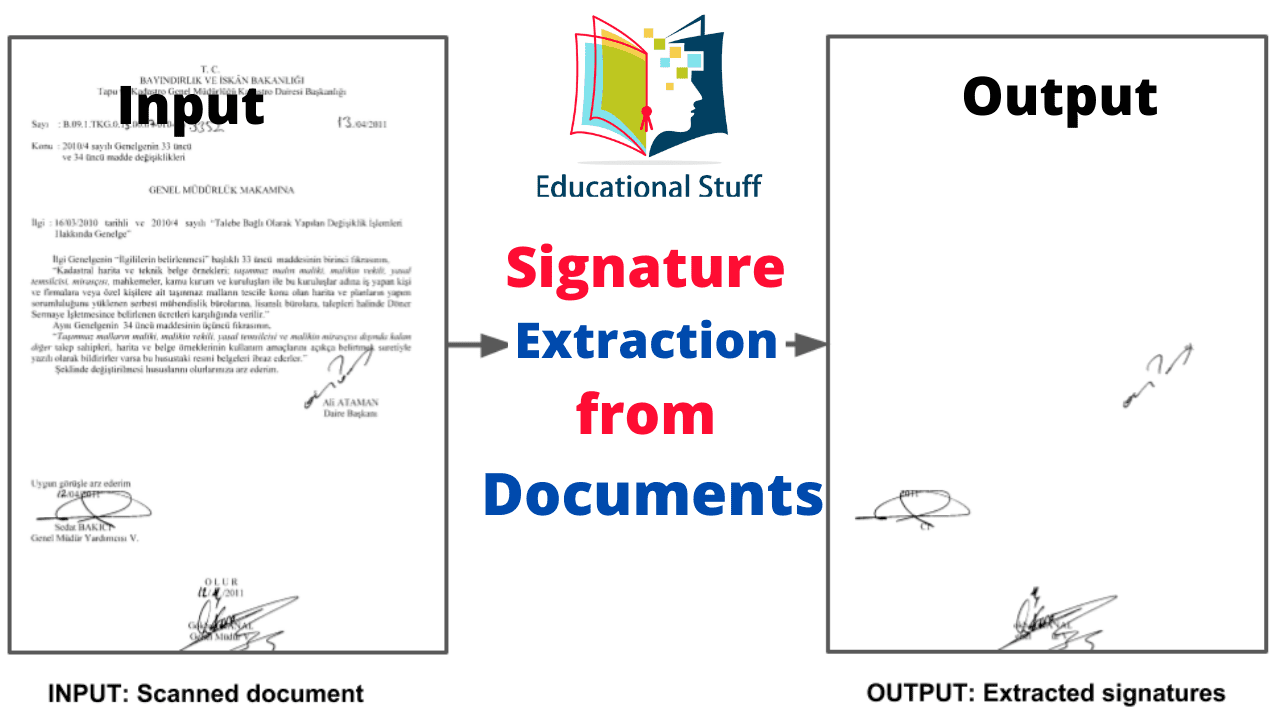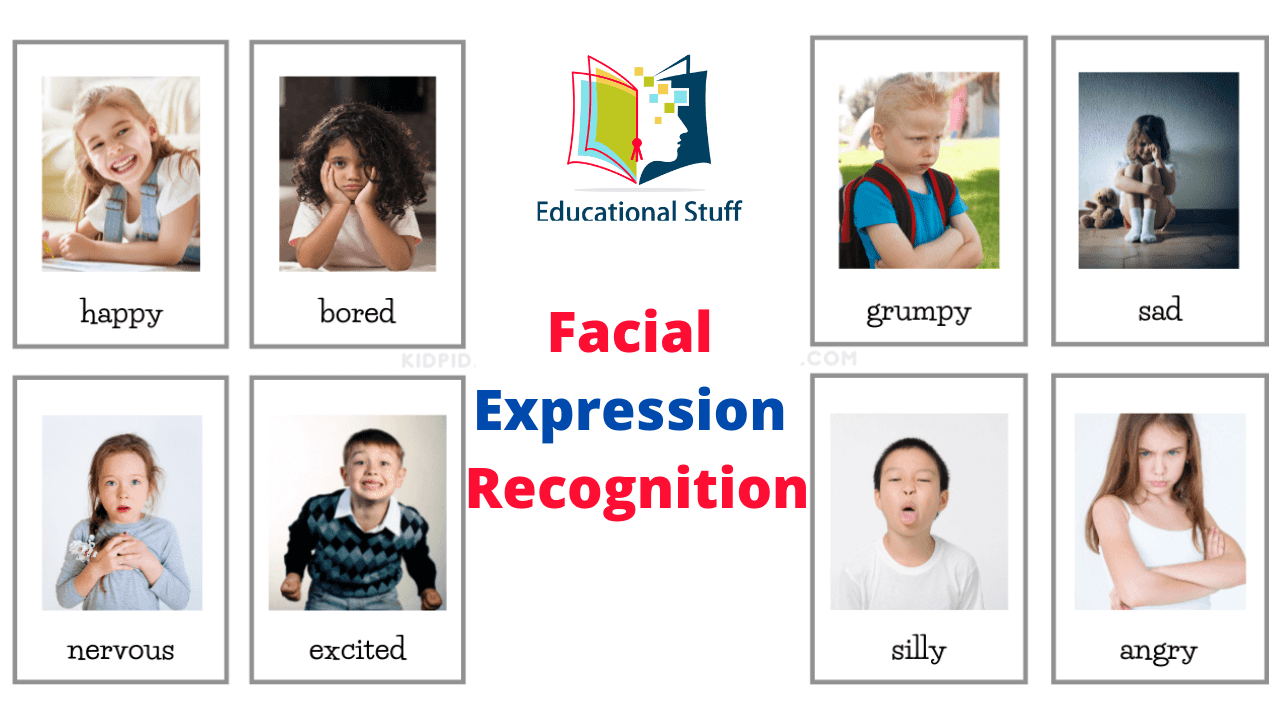AI in quality assurance
In the present quick advancing business sectors quality assurance is so important because a tech organization that can deliver quality items quicker than its rivals has a critical upper hand. Simultaneously, the multifaceted nature — and consequently inclination to mistake — of technical products has greatly expanded. In this way, Quality Assurance (QA) must advance to satisfy the steady needs of speed to advertise and guarantee extraordinary client experience. Hence, there is a need for something that can incorporate all the advancements. AI is the best solution to keep up with all the advancements.
Improved Accuracy
Conventional testing actually requires human resources for source analysis. In any case, we should simply accept: even the most experienced Quality Assurance (QA) engineers are inclined to committing errors, and that is alright. The analyzers lose the attention on software QA and ignore some significant imperfections on account of very large data. Before stakeholders notice it, customers get on the bugs. Normally, such circumstances are harming the reputation of companies. That is where the AI is helpful and significant.
They teach frameworks to learn source investigation and apply information later on. In such a manner, AI analyzer thinks of more precise outcomes. The utilization of AI innovations in Quality Assurance (QA) disposes of human blunder likelihood. Consequently, the Quality Assurance (QA) team isn’t over-burden with huge information volumes to deal with.
Effect on software testing
The role of technology inside our individual and professional lives keeps on developing at an outstandingly quick pace. From mobile applications that order home machines to computer-generated reality, the advanced insurgency is growing to incorporate each part of the human experience. On a worldwide scale, organizations are dispatching applications that are utilized by thousands, if not millions, of individuals.
Most of those organizations are creating applications utilizing the agile rapid delivery framework, which equates to another dispatch generally every two weeks. Prior to each dispatch, those applications must be tested to guarantee an ideal encounter for the end-user. At that pace, manual testing is insufficient.
The time expected to finish a large number of required test case legitimately clashes with the agile-like frameworks and continuous development. The investigation of option and unrivalled testing strategies, for example, automation and AI, is currently a need so as to keep pace and prepare QA and test groups with increased efficiencies. Computer-based intelligence is demonstrating extraordinary potential in recognizing testing defects rapidly and disposing of human mediation. Such advances have given the ability to decide how an item will perform, both at the machine level and data level.
Artificial intelligence, much the same as robotization devices, will help in the general testing effort. In the current time where the emphasis is on DevOps, CI/CD, integration, and continuous testing, AI can assist by making these processes rapid and efficient.
Faster Approach
Man-made consciousness can perform 100 tests in 1/100th of the time that an individual would have taken in doing likewise. Computer-based intelligence can perform tedious assignments like actualizing, executing, and examining tests effortlessly, which people would’ve confronted endless issues at the same time. Programming analyzers will progressively deal with elevated level capacities like observing tests, making recommendations, and offering feedback to the business.
Increase in overall test coverage
With AI software testing, one can build the general depth and scope of tests bringing about a general improvement of software quality. AI software testing can investigate the memory and record substance, interior program states and data tables to decide if the software is performing on as it is needed to. All things considered, software test computerization can be executed in 1000+ diverse tests in each trial and provide test coverage that is unimaginable with manual software tests.
Expedited Timelines
There are numerous manners by which our group of engineers accelerate the product advancement measure. Incorporating disturbances in the testing cycle is one of them. Instead of experiencing a huge number of lines of codes, AI will have the option to figure out the log records, check the codes, and recognize blunders in practically no time. Furthermore, AI does not have the burnout disadvantage and along these lines yields better and more exact outcomes.
Likewise, AI can evolve with code changes. It can adjust and recognize new functions and can be customized to choose if something is a new element or a bug emerging out of code change.
Well-Researched Build Release
By utilizing Artificial Intelligence in Quality Assurance, it gets conceivable to analyze comparative applications and figure out what added to their accomplishment in the market. After understanding the market necessities, new test cases can be made for guaranteeing that the application doesn’t break with regards to accomplishing explicit objectives.
From QA Engineer to QA Manager
Without much of a stretch, AI can work 24 hours every day, in this manner, tests can be executed as regularly as required. In particular, the entirety of this can occur progressively, out of sight, rapidly and with a more noteworthy probability of accuracy. QA Engineers then see the full picture and therefore organize further examinations and rectifications dependent on highlight significance to the client. They will have the option to dissect results quicker and impart results to stakeholder more proficiently. The outcomes: clients stay happy and will spend cash, consequently organizations will make a benefit.
Future of QA
One of the patterns that began this previous decade, which is relied upon to proceed, is the utilization of AI to improve existing frameworks and tools that target specific testing issues. Models as of now incorporate useful testing of web and mobile applications, visual testing of UIs, and UI element location and auto-correcting element selectors.
Past this, we ought to hope to see AI beginning to substitute whole innovation stacks for automated testing. At all testing levels, AI will assume control over automated tasks that require choices that a human could make in under a second. Initially, higher-order testing tasks may still require human input or intervention. These are the tasks that require a bit more thought such as test generation, usability testing, security testing, and edge cases.
Notwithstanding, after some time as innovation advances, and as the machines are prepared for the activities of these higher request tasks, AI is probably going to assume control over those exercises too and tackle issues that require further setting. The picture beneath portrays this movement of the AI testing peculiarity as we move into the following decade.
Current AI-based tools
Currently, there are many tools that assist in QA. Here are some famous ones
- Applitools
- SauceLabs
- Testim
- Sealights
- Test.AI
- Mabl
- ReTest
- ReportPortal
Read More:
Read more about the Google Ml kit for Mobiles by clicking here.








Leave a Comment